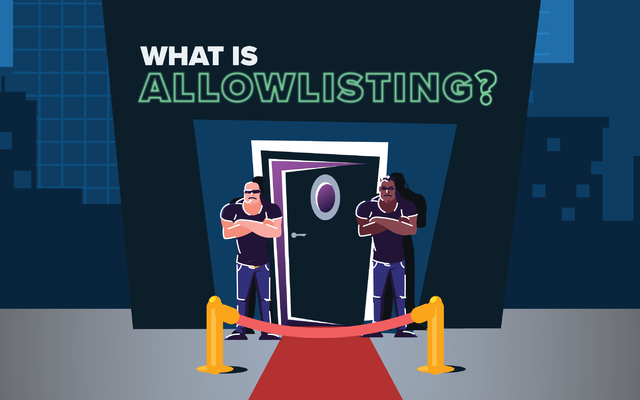
What is Network Control?
Table of Contents
Introduction
The days of the local network seem to be a thing of the past. Remote work has gone from a rare occurrence to a corporate staple in today's workforce. Because of this, the idea of a network perimeter has slowly dissolved, and devices are more vulnerable than ever to cyber threats. The internet is quickly becoming our primary network, making network traffic controls so much more necessary to protect your devices and, ultimately, your data. This is what makes implementing a Network Control so important.
What Is Network Control?
Network Control is essentially an endpoint and server firewall that enables you to have total control over all network traffic. Having this level of control helps protect your devices and their data. Through custom-built policies, you can allow granular access through agent authentication, IP address, specific keywords, or even dynamic ACLs. These dynamic ACLs allow you to open ports automatically based on a computer’s location at a point in time. This creates a direct connection between server and client, which circumvents the need for a VPN that requires connection via a central port. Even outside of the internet, Network Control is still quite useful for local networks. Anyone on a LAN will find Network Control incredibly useful due to its ability to instantly connect to ports based on a group of computer's location.
Why Is Network Control Important?
Having the ability to control network access is so vital in today's digital landscape. Configurability allows for network access to be connected to endpoints using global (and granular) policies. Network Control is also useful for users that are constantly on the go. Connections from unknown devices can be denied while permitting connections from known devices. Network Control also provides a centralized view of network traffic through a TL unified audit that allows granular control over endpoint policies. With the addition of dynamic ACLs, the connection between the server and the client is direct.
Conclusion
Network Control isn’t the only way to defend your network, but it is a direct way to have total control over network access and ensure your data is protected, regardless of rogue devices. Even if you still have just a local network, there's still a place for Network Control. So regardless of what kind of network you might use, Network Control will be able to protect your data regardless.
If Network Control sounds like something you need to help control data access, then you should consider adding ThreatLocker to your security stack. ThreatLocker has been helping companies with securing their endpoints for years and can help implement a personalized plan for you. For more on zero-trust cybersecurity, you can book a demo to see how ThreatLocker endpoint security could be the perfect fit for your business.
Read some of ThreatLocker's frequently asked questions about Network Control.



